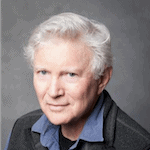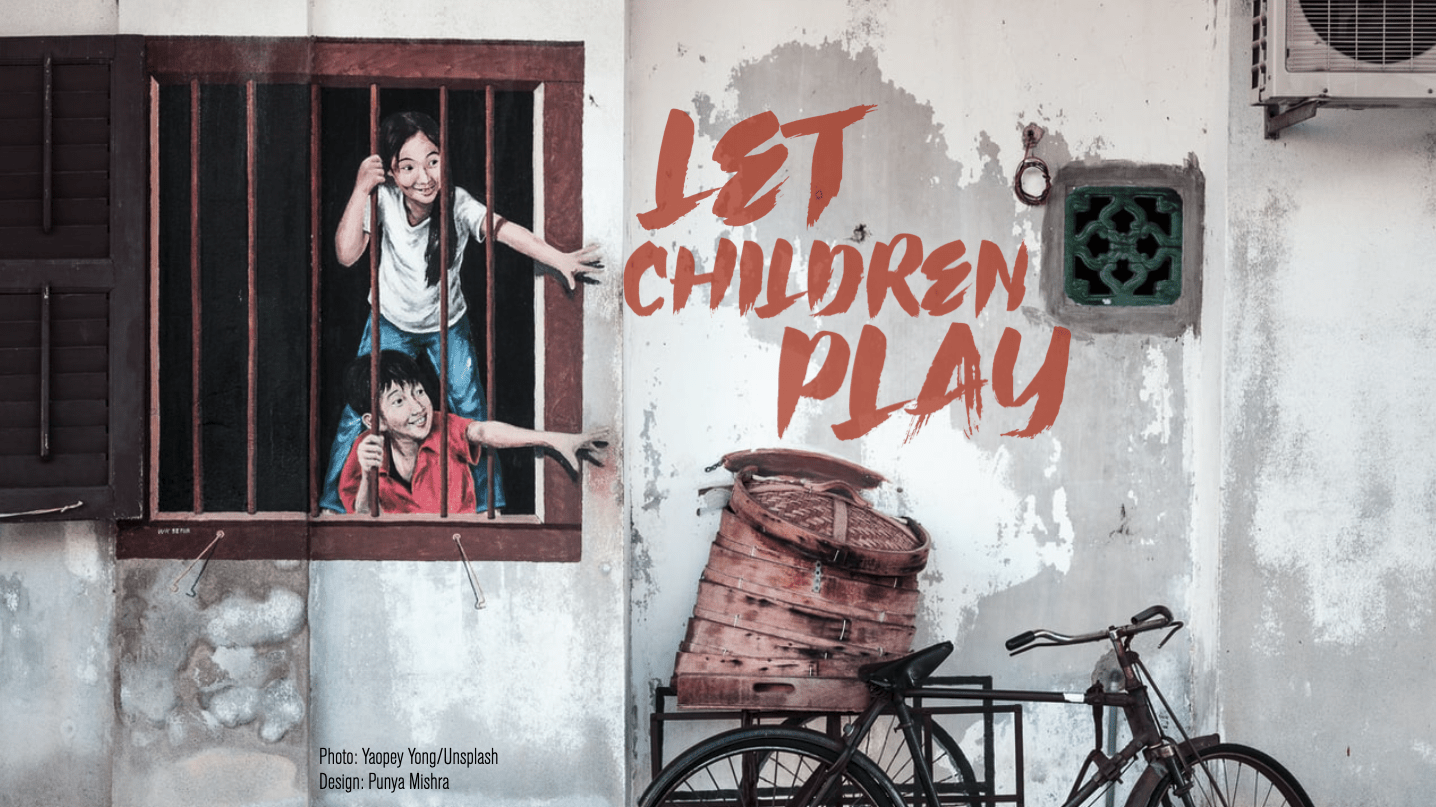
As a part of our ongoing series on creativity we recently spoke with Dr. Peter Gray, professor of Psychology at Boston College. Dr. Gray’s interest in creativity emerges as a consequence of his background in evolutionary psychology and interest in how humans (and other mammals) learn. Learning, he argues, is a key evolutionary need that helps humans and other mammals survive and succeed in a complex and dynamic world. Dr. Gray sees an important role for curiosity, play and sociability—which he defines as natural drives or impulses that help children learn and direct their own learning. By playing together and being curious, children pick up language, learn and hone new skills, acquire knowledge, and gain confidence to be in the world by interacting directly with it. The drive to play is not unique to humans. As he said:
Children are playful. All young mammals are playful and that’s how they learn. They’re curious about the world. As soon as they come into the world, they’re looking around…They’re moving to get their hands on things, to explore things, to figure out what they can do with these things in the world out there. They’re especially interested in other people. They want to know, they’re watching and listening to other people and figuring out what it is that people in this world do.
As always, our conversation with Dr. Gray covered a wide range of topics such as curiosity and play as being natural paths to creative learning; the negative role of evaluation, high-performance culture and standardized testing on creativity; the relationship between creativity, play and mental health; and possible role of technology in enhancing creativity. Complete reference, and link to article below:
Mehta, R., Henriksen, D., & Mishra, P. (2020). “Let Children Play!”: Connecting Evolutionary Psychology and Creativity with Peter Gray. TechTrends. https://doi.org/10.1007/s11528-020-00535-y




0 Comments